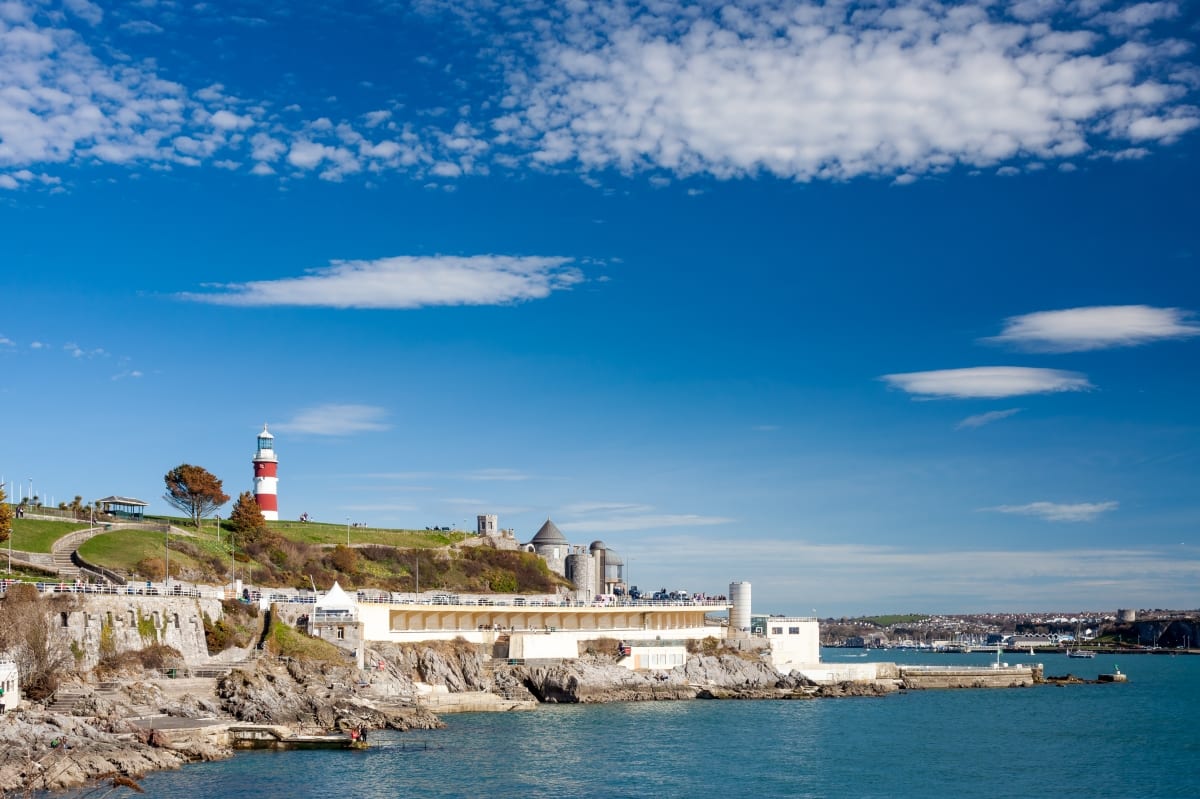
THE DAY OF THE PLYMOUTH JACKAL
By Kevin Kelway
The story featured in PlymouthLive and Writeous News website:
On a train from Plymouth to Falmouth College University where I was attending a Broadcasting Course in Journalism throughout 1998-99. I started chatting to an elderly gentleman who told me one of the most incredible stories I’ve ever heard – about an alleged uprising against the Queen’s uncle Lord Louis Mountbatten on HMS Jackal in Plymouth during those fateful weeks of the Plymouth Blitz in March 1941.
The Jackal veteran claimed records around the incident were sealed by the British Government for over 150 years because it involved Lord Mountbatten who was the uncle of the late Duke of Edinburgh, and the last Viceroy of India who was in charge of the Royal Navy’s Fifth Flotilla in 1941.
The conversation left me spellbound and I started to investigate the story and interviewed several elderly war veterans who served on the Jackal who had differing first-hand accounts of what happened and especially the aftermath of the alleged mutiny – with some wild rumours that the ring leaders had been shot in Gibraltar.
Many of the veterans are now passed away, but the story has consumed my interest every anniversary of the Plymouth Blitz over the last 23 years, and I still wonder what really happened in those weeks of March 1941 on HMS Jackal in Plymouth’s darkest hour.
In March of 1941, Winston Churchill ordered two destroyers to Plymouth Sound to reinforce the anti-aircraft defences of the city. One of them was HMS Jackal a J Class ship of Earl Mount Batten’s Fifth flotilla that was positioned off Drake’s Island and did her best to fight off the Nazi enemy invaders bombing the heart out of the city during those horrendous bombing raids.
Despite spending all her ammunition in the defence of the city, Plymouth was lit up and burning to the ground, and the mostly Plymouth crew could only watch from out in the Sound as the fires raged. Some of the crew were so desperate to go ashore and help their families.
The crew’s fears for their loved ones were reinforced by news from dock workers when HMS Jackal returned to Devonport Dockyard to re-ammunition. It was said by one crew member Bill Skilling, ‘emotions reached boiling point and some of the crew demanded to go ashore’.
On March 22, 1941, according to rumour, the uprising started when doors were locked in the face of the First Lieutenant, and a six-hour siege took place on the Jackal. It was said by one crew member that the Admiralty bowed in the face of it, granting shore leave for the Plymouth ratings.
According to official records, no court-martials took place, but weeks later, when the destroyer had been ordered to sail to Gibraltar rumours again from some of the Jackal crew that the ringleaders of the alleged mutiny were taken off the ship and brought back to England – and never seen again.
74-year-old Jo Lewis, of Cardiff, said in a telephone interview back in 1999: “The Plymouth men were desperate. They wanted to go ashore, but they weren’t allowed.”
80-year-old crew member Charlie Draper, said in 1998: There are a lot of rumours about what happened to the men. After 58 years I want the MoD to tell us the truth and what happened to my fellow crew members in Gibraltar.”
HMS Jackal was completed in 1939 and served in the Norwegian campaign and the Dunkirk evacuation of 1940, and then ordered to Plymouth in 1941 as a guard ship during the Blitz.
She was then deployed to Gibraltar and the Mediterranean in 1941, and she took part in the Battle of Crete, and was scuttled after being heavily damaged by German bombers on the 12th of May 1942.
Kevin Kelway, PR and media director of Dorcas Media, said: “Does anyone have any information to shed more light on this sensational story or, was it just gossip and rumour in the nights of March 1941, that changed the city of Plymouth forever.”
“Or perhaps, we’ll never know the truth of the Day of the Plymouth Jackal.”

Entrepreneur and journalist Kevin Kelway manages his own successful and award-winning public relations company Dorcas Media. Most notably, in 2016 Kevin won the Sheila McKechnie Foundation For Campaigner of the Year For People & Place Award for his PR campaign in saving Plymouth’s iconic Tinside Lido, and was presented the honour at the House of Lords. He is also a proud supporter and signee of the UK Armed Forces Covenant.
